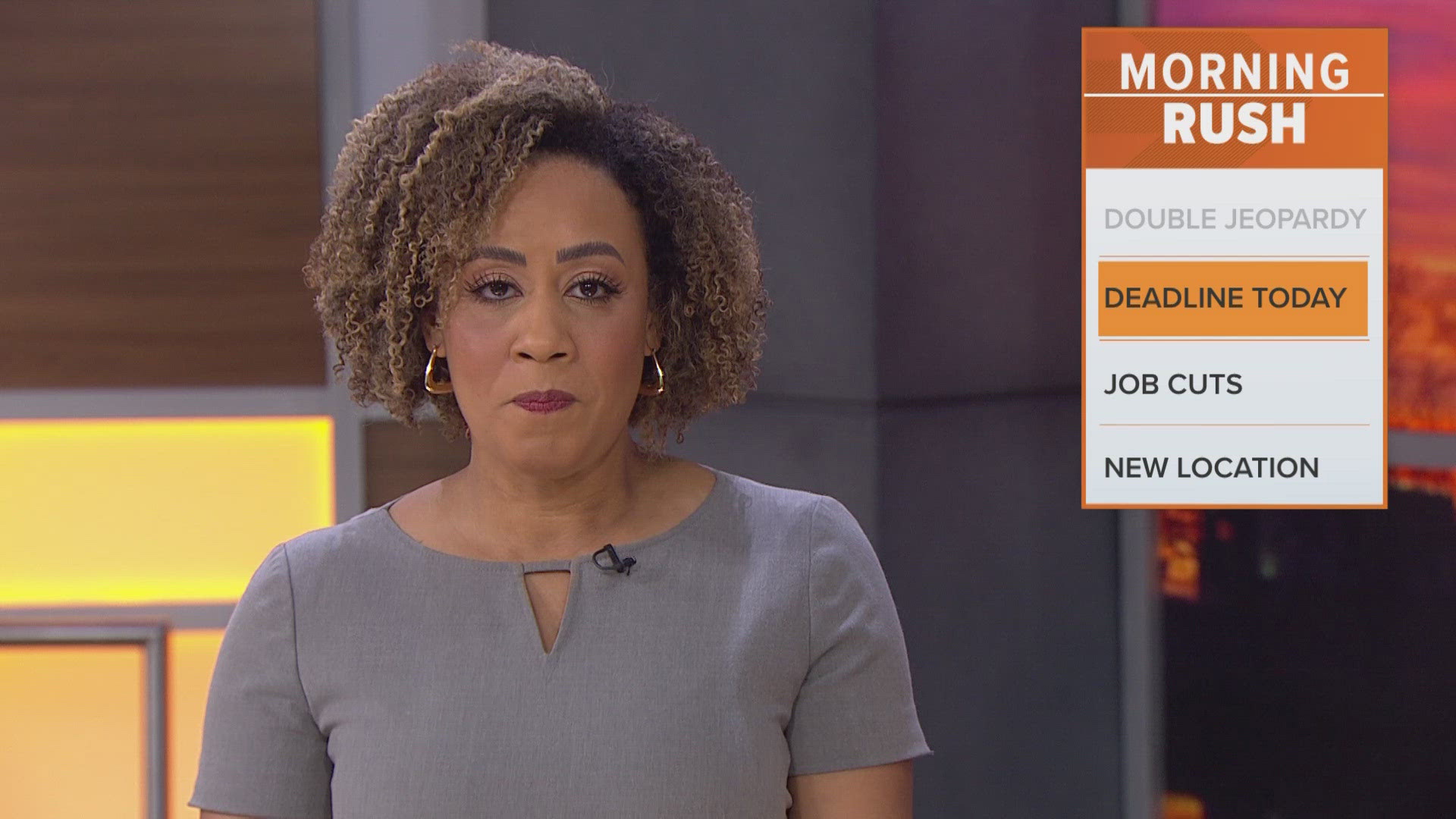As the search for affordable, quality health care intensifies, a lot of folks are landing at the doorsteps of the Mesquite Employee Health Center.
Photos by LOUIS DeLUCA/DMN
First among them are Mesquite's city and school district employees, who are finding it difficult to not at least explore the path to a healthy lifestyle.
Under school district plans, there is no charge for clinic visits. City employees pay just $10. The on-site pharmacy offers over-the-counter medications at cost and encourages generic equivalent prescriptions that carry a 90 percent savings. Also, the co-pay on the health plans has stayed steady since the clinic opened in 2007.
"The concept was that if we make the medical clinic convenient, easily accessible and less expensive for the employee, they'll be more apt to use the medical services," said George Mones, city human resources director.
The numbers speak to a bandwagon of customer satisfaction. The clinic recorded 11,590 physician visits in 2008. Through June, those are up 26 percent in 2009.
"It's steadily increased," said Christi Rachal, registered nurse and the clinic director. "We're having to add staff so we can get everybody in that needs to be seen."
But there's a bigger picture, one that is bringing guests from Corpus Christi to Plano to Rockwall to Australia to tour the Mesquite facility. The center - and some aggressive steps toward preventive health care - not only please the clientele, they have capped the gusher of increased spending on health care plans.
Mesquite ISD assistant superintendent Lanny Frasier estimates that the clinic saves the district's health plan $1 million per year. Last week, Mones presented a third consecutive budget with no health care cost increases.
Other savings are harder to quantify, Frasier said.
"Generally speaking, if an employee needs to drive to the doctor, they drive, they wait, they drop off or pick up a prescription. That takes a half day, sometimes a full day. Our plan was to get the person to see the doctor on a conference period for a teacher, for example," he said.
The same time-off savings can be realized when the police officer, stationed blocks away from the downtown location, comes in before or after a shift, Mones said.
"I guarantee that if you have an appointment at 9 o'clock, you're seeing a doctor at 9 o'clock," Rachal said. "You're not missing appointments."
Frasier said people who had not been regulars to a doctor's office were drawn by the convenience and found immediate benefits.
"The first several months they were open, there were a number of pretty significant things diagnosed, for example diabetics, that enabled people to start their treatment earlier," he said. "We feel like we'll get significant savings on the back end from that."
The city is all over the preventive approach. Not only will the clinic provide city employees with a physical for $10, Mesquite provides further incentive for the checkup by charging $20 more per month to employees who haven't gotten the service.
The school district isn't mandating physicals just yet, Frasier said, but it is using the center as a marketing tool.
"The morale of the employees has been something that's been beyond our expectation," he said. "They view it as a great benefit. We play that up in our recruiting and retaining people."
While Garland and other cities had opened clinics before Mesquite, the partnership with the school district broke new ground. When the city's Medical Plan Advisory Task Force started looking into in-house services, it discovered there weren't quite enough employees to make a clinic work.
The school district wasn't actively looking to start a clinic, but health plan costs were rising and it didn't take long to get on board.
"It's a natural for the city and school district to work together," Mones said. "We work together jointly with park and recreation centers. We have our police resource officers in schools."
The entities track and split pharmacy costs. Operating expenses for the clinic are split according to the percentage of monthly patient visits for the city vs. the school district. The center's staff of 15 is officially employed by the school district. A six-member board - three from MISD, three from the city - oversees the center.
Neither entity changed its health plans. The city said about 56 percent of those on its most-popular plan now use the clinic.
"People can go anyplace they wish, any pharmacy they wish," Frasier said. "This is just another option. What's amazing for the school district is that more than 85 percent of our prescriptions go through this clinic."

